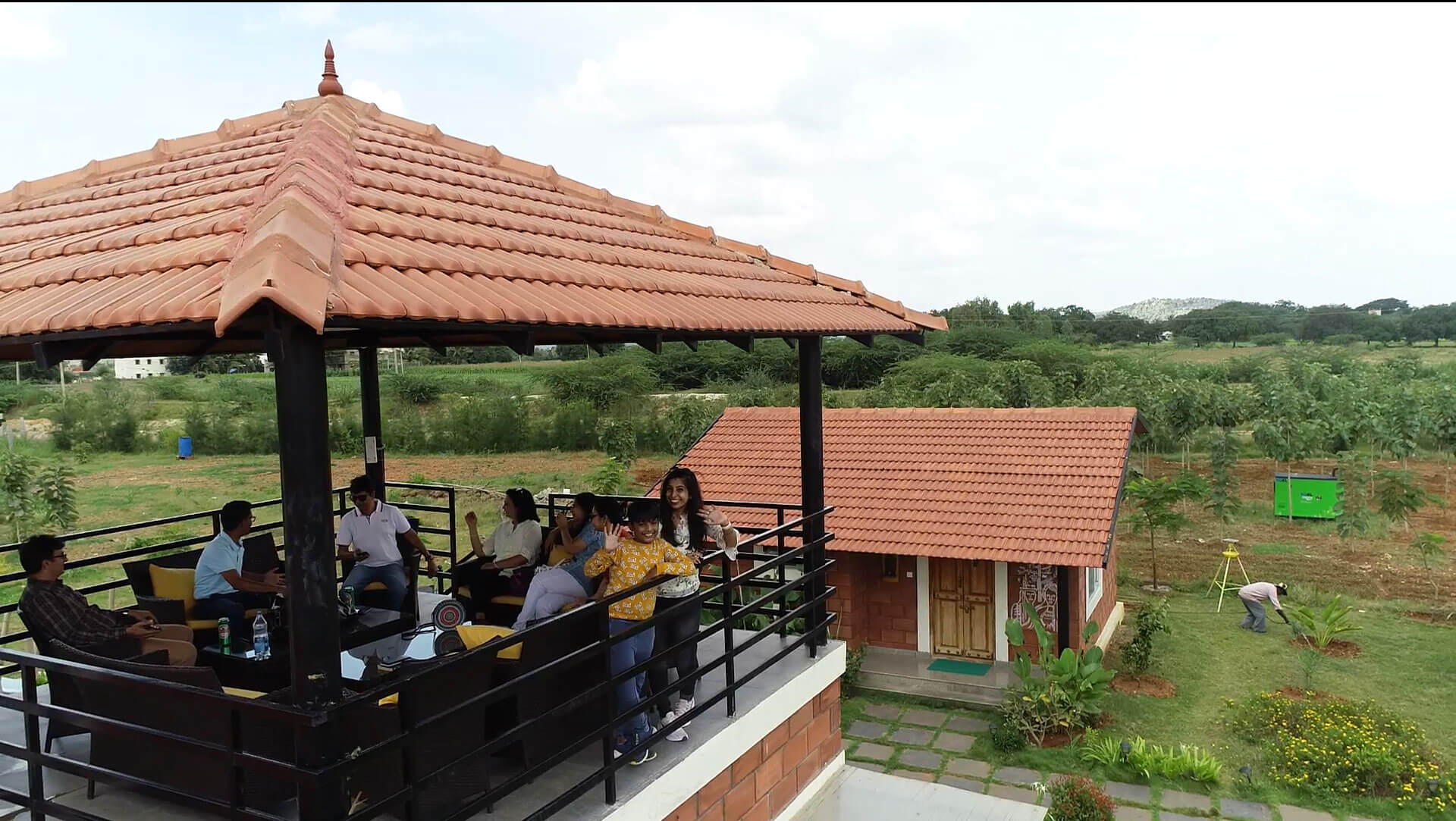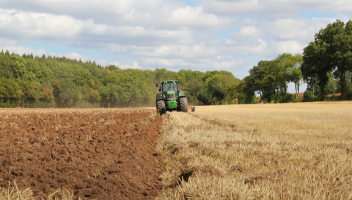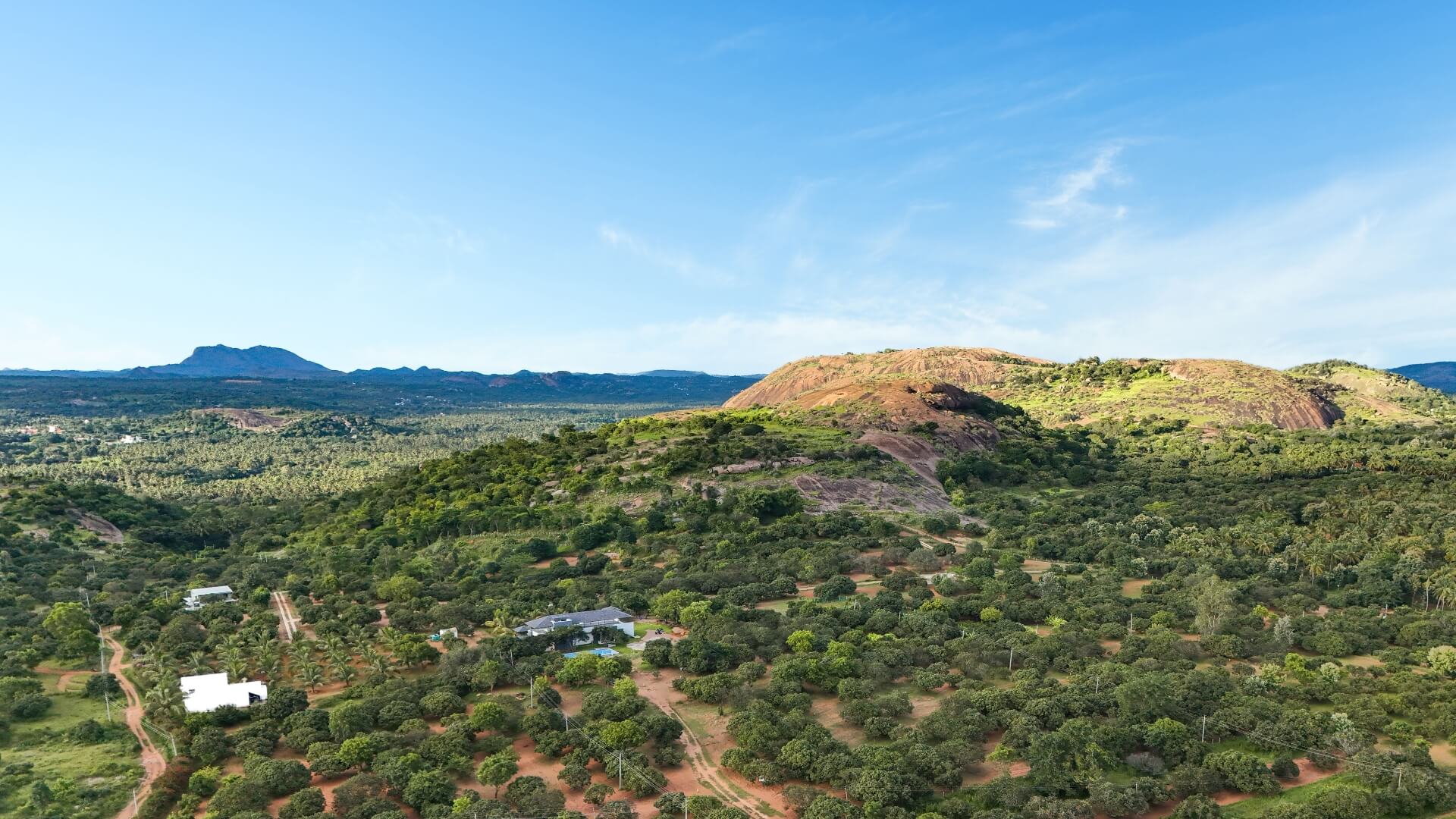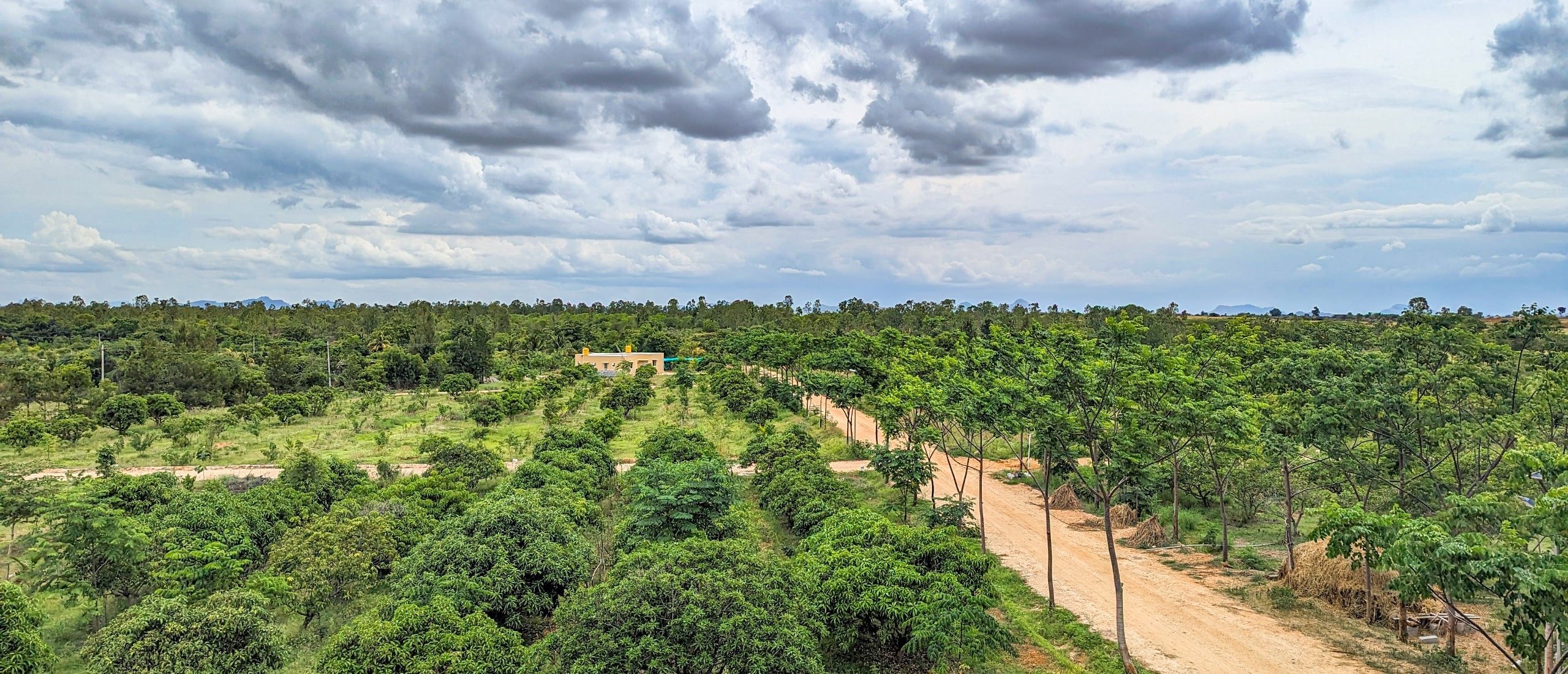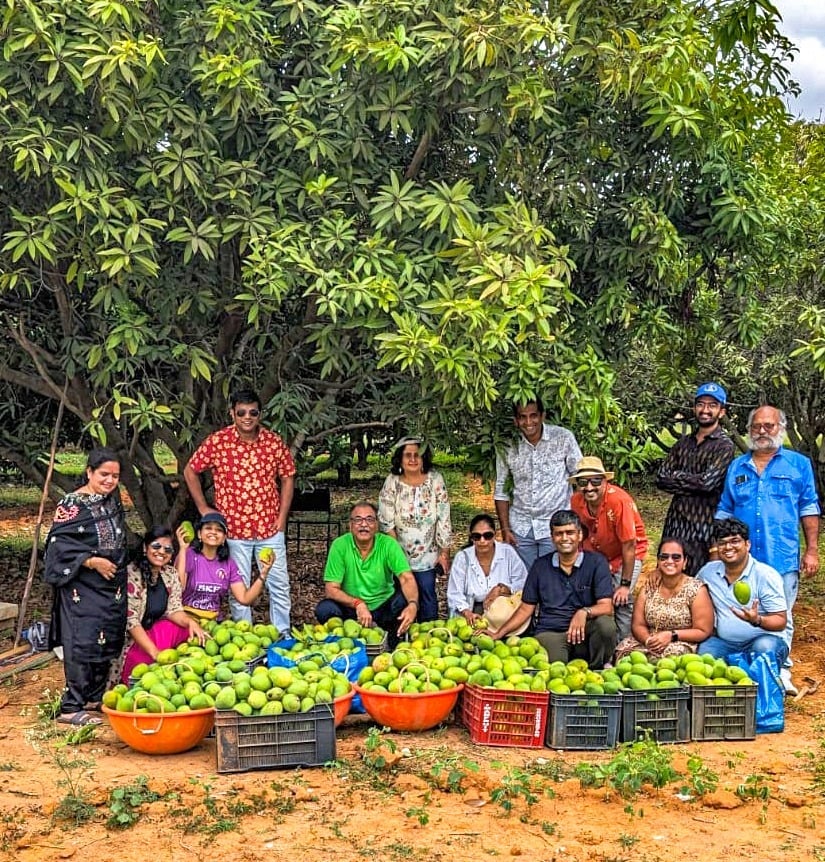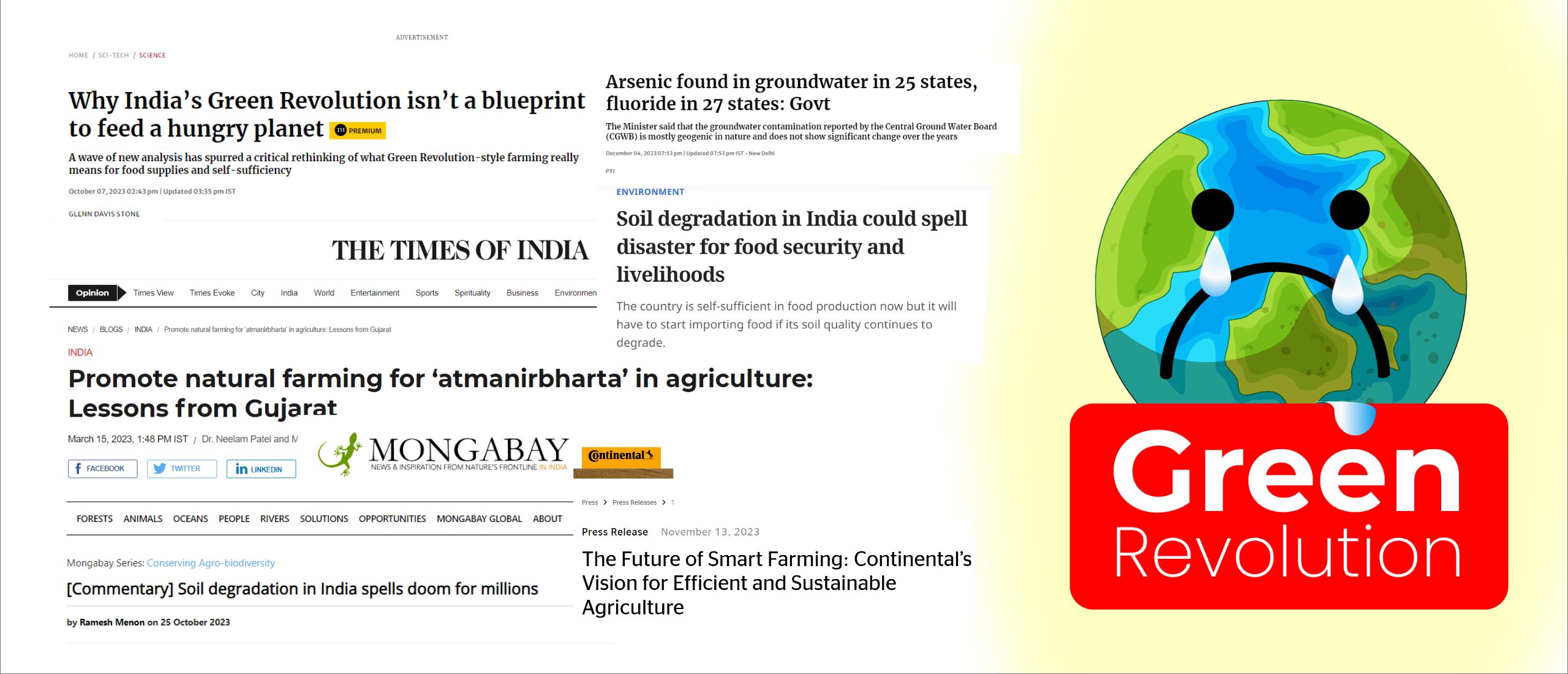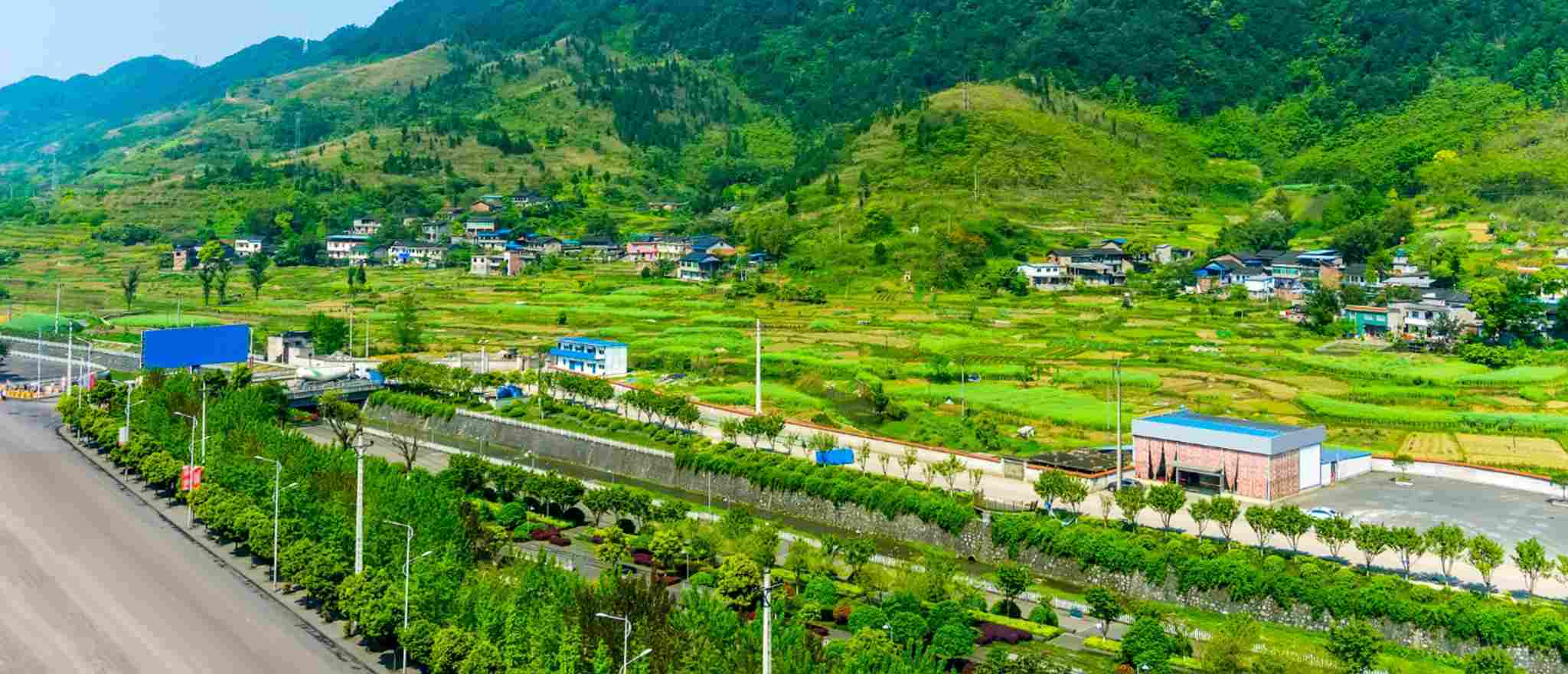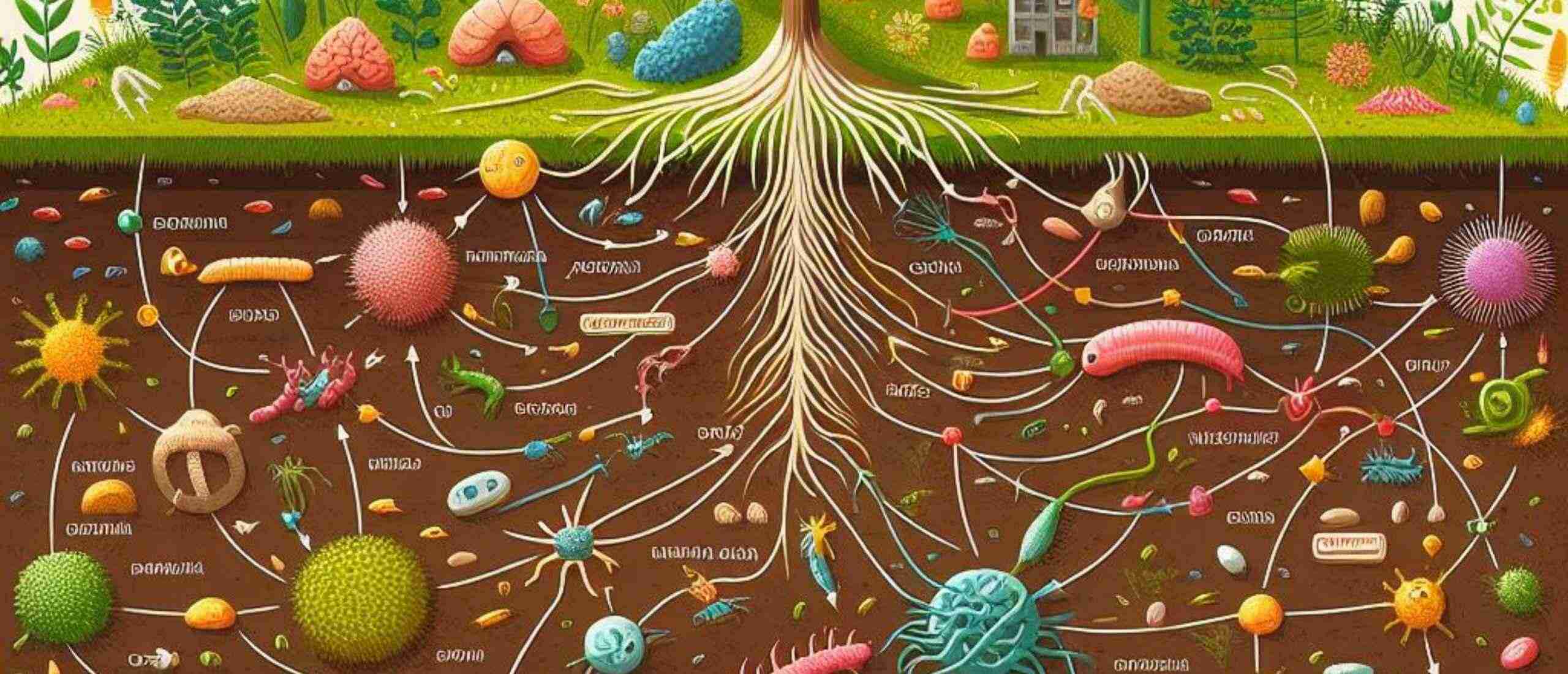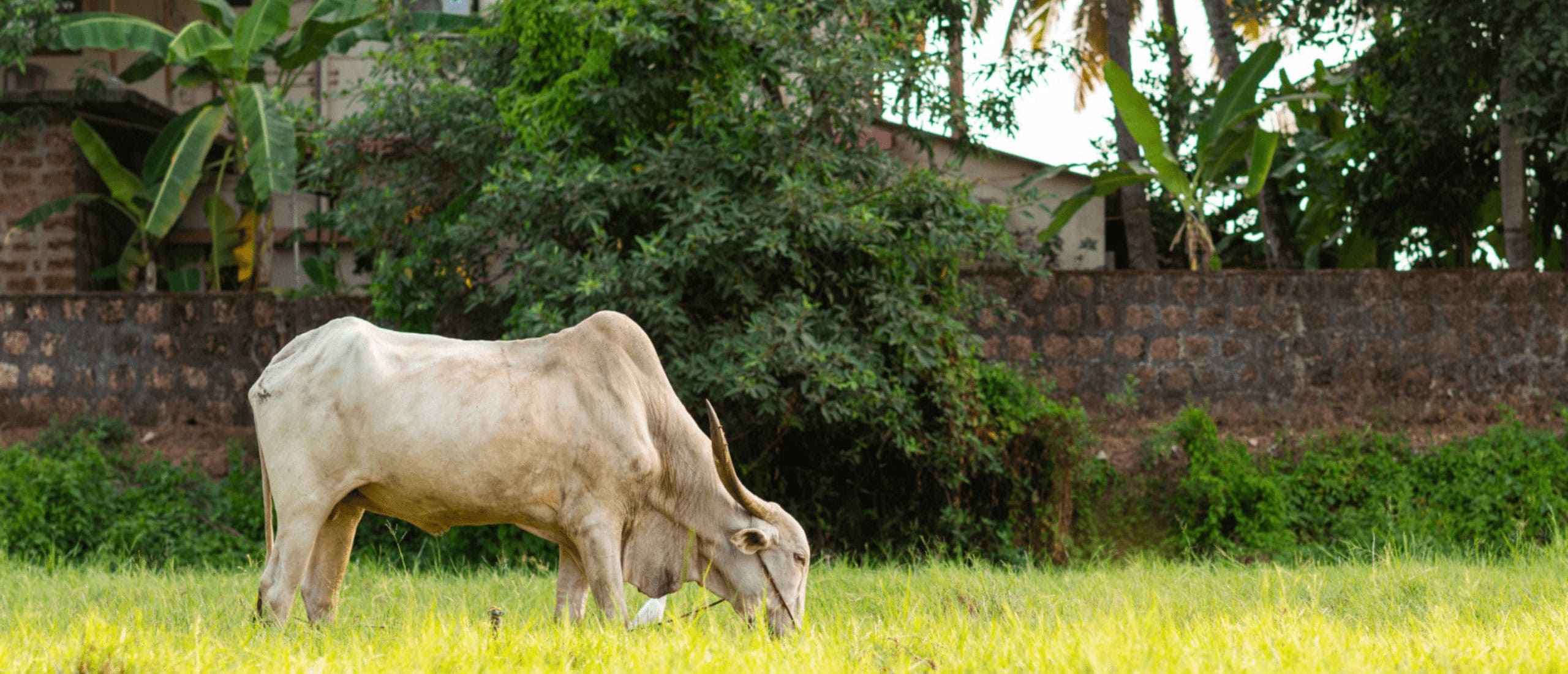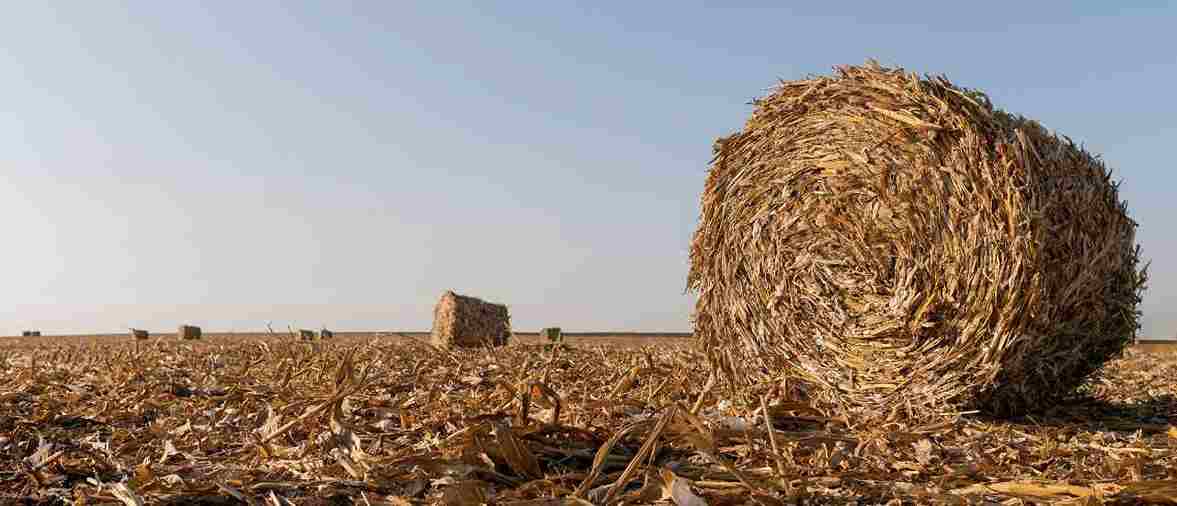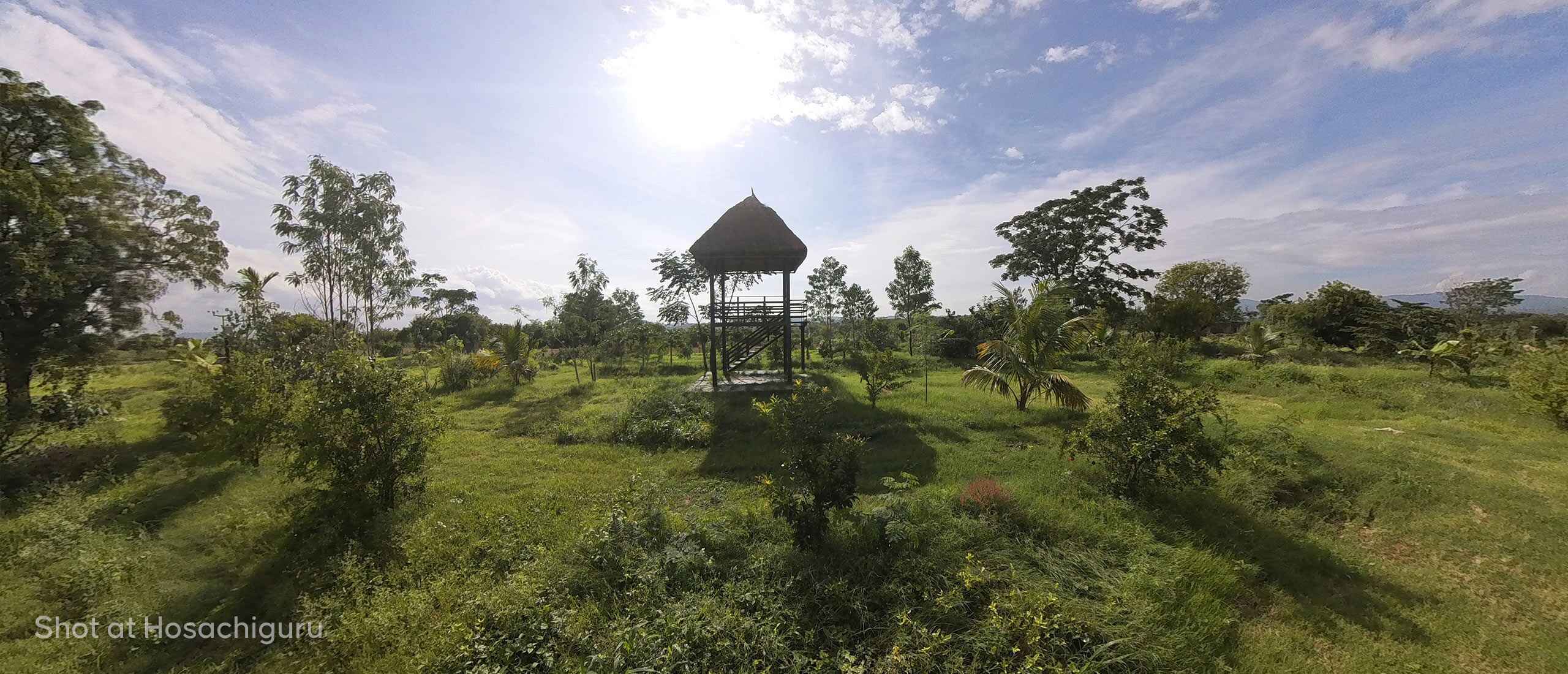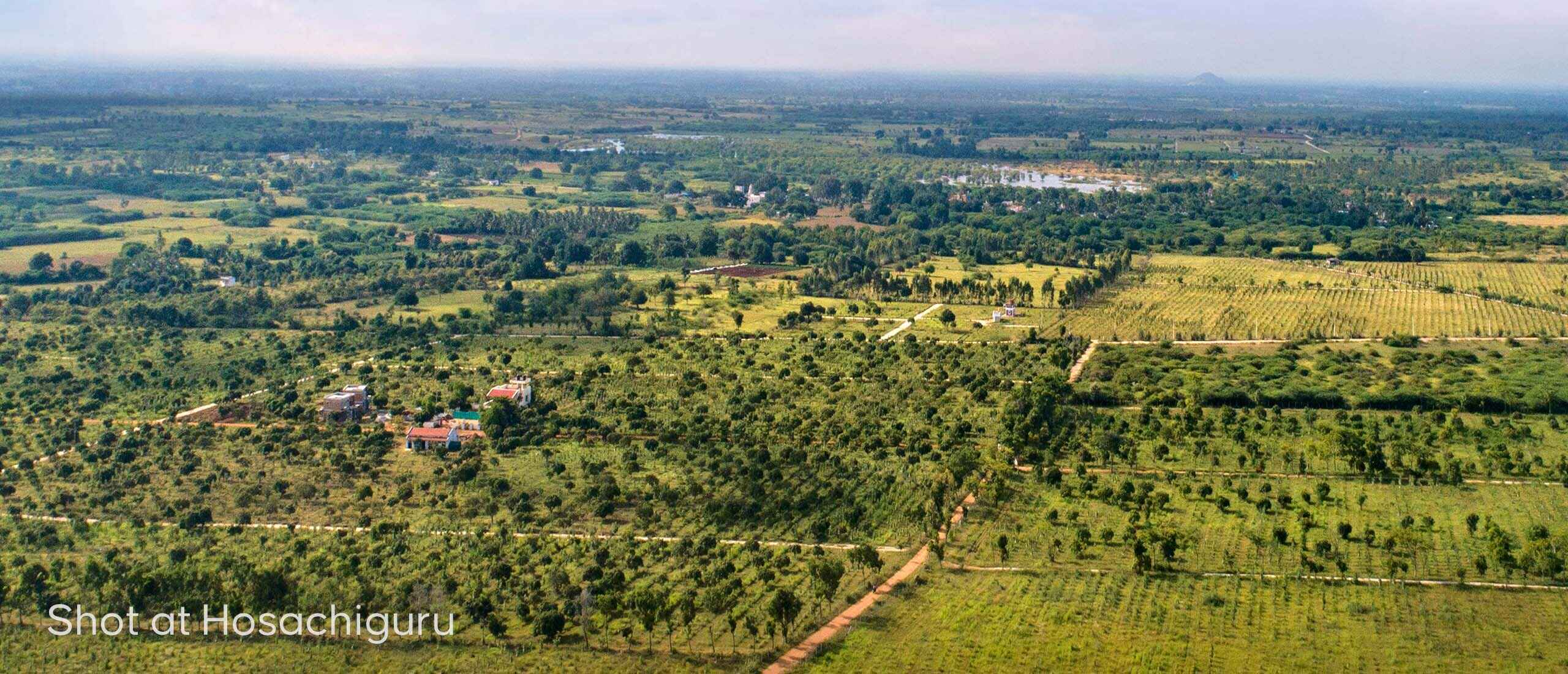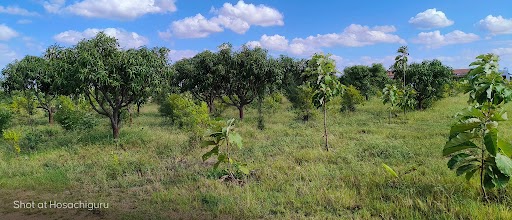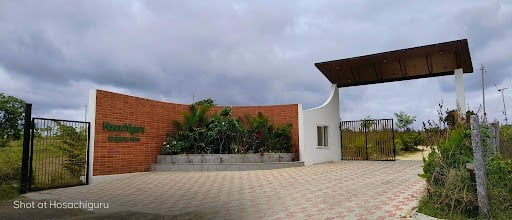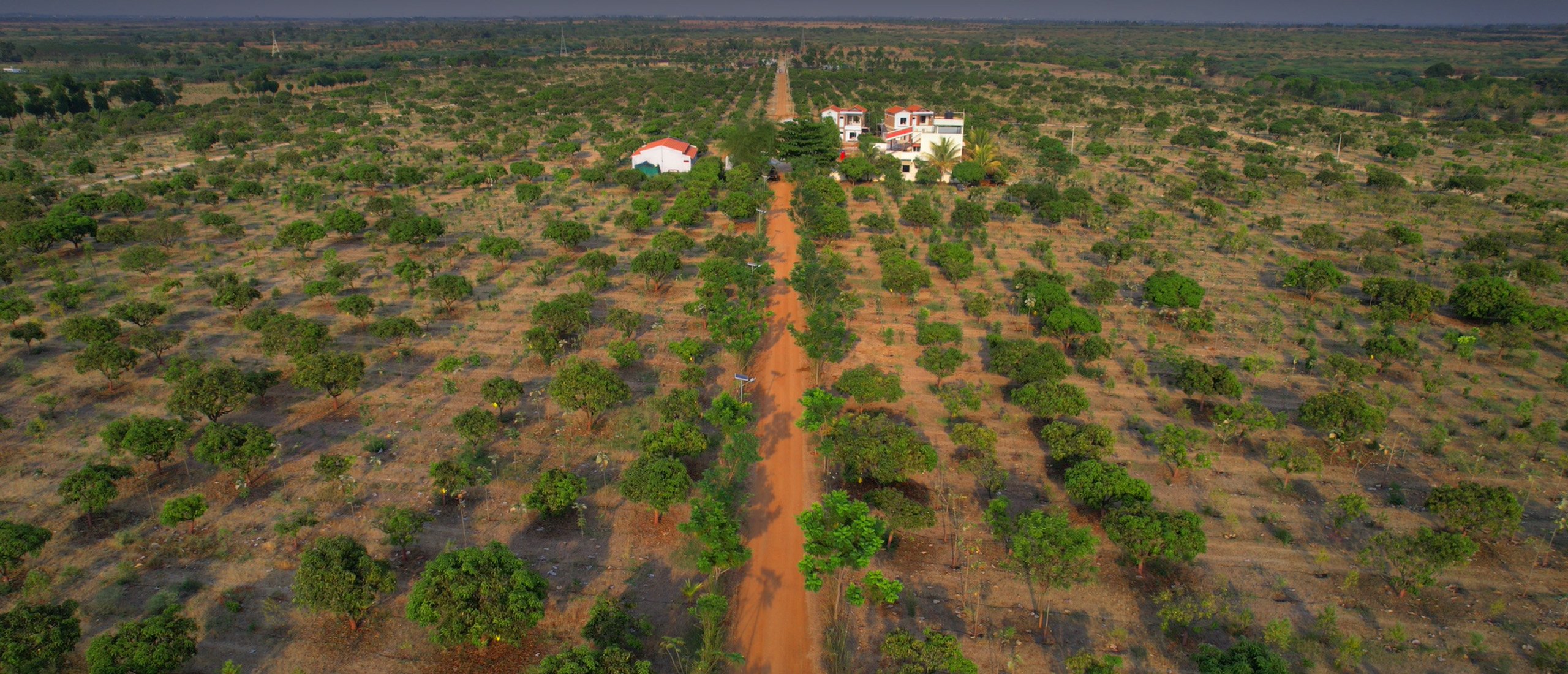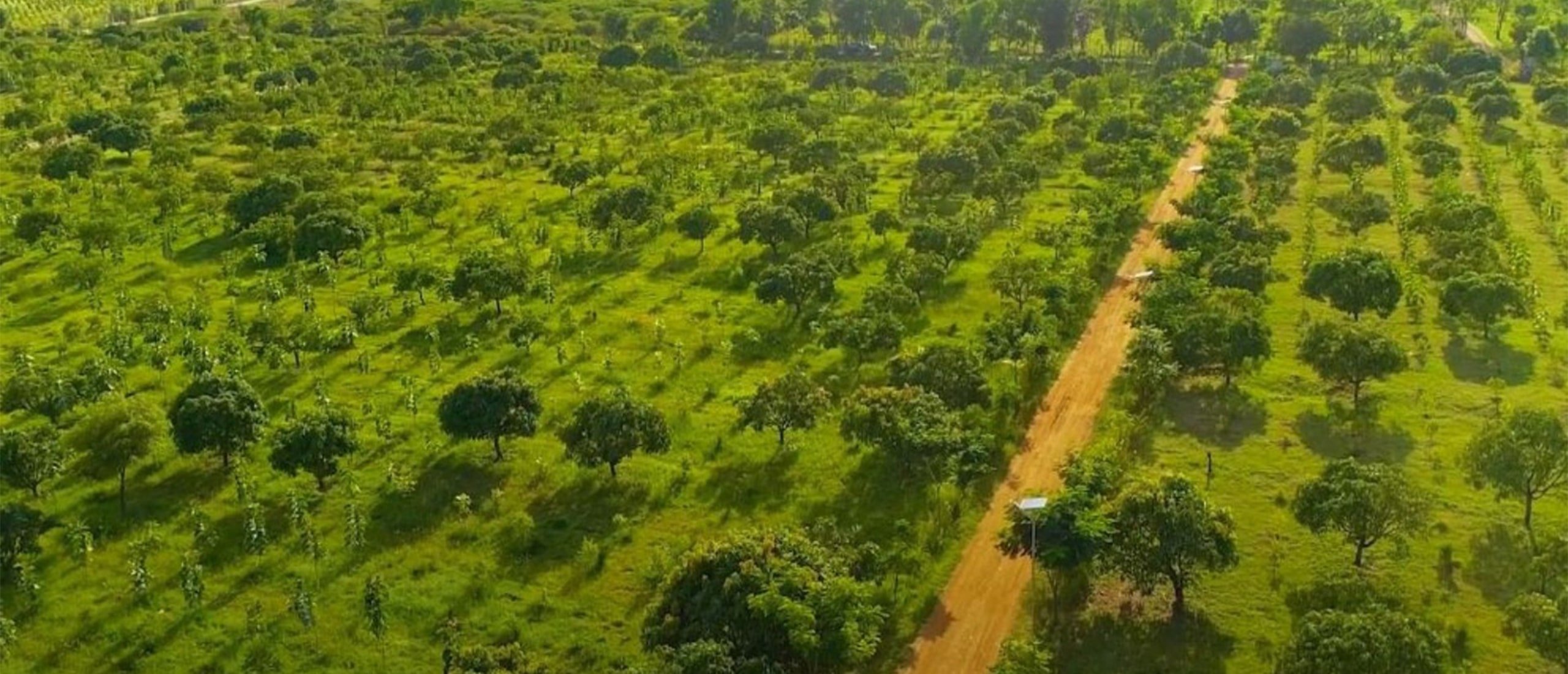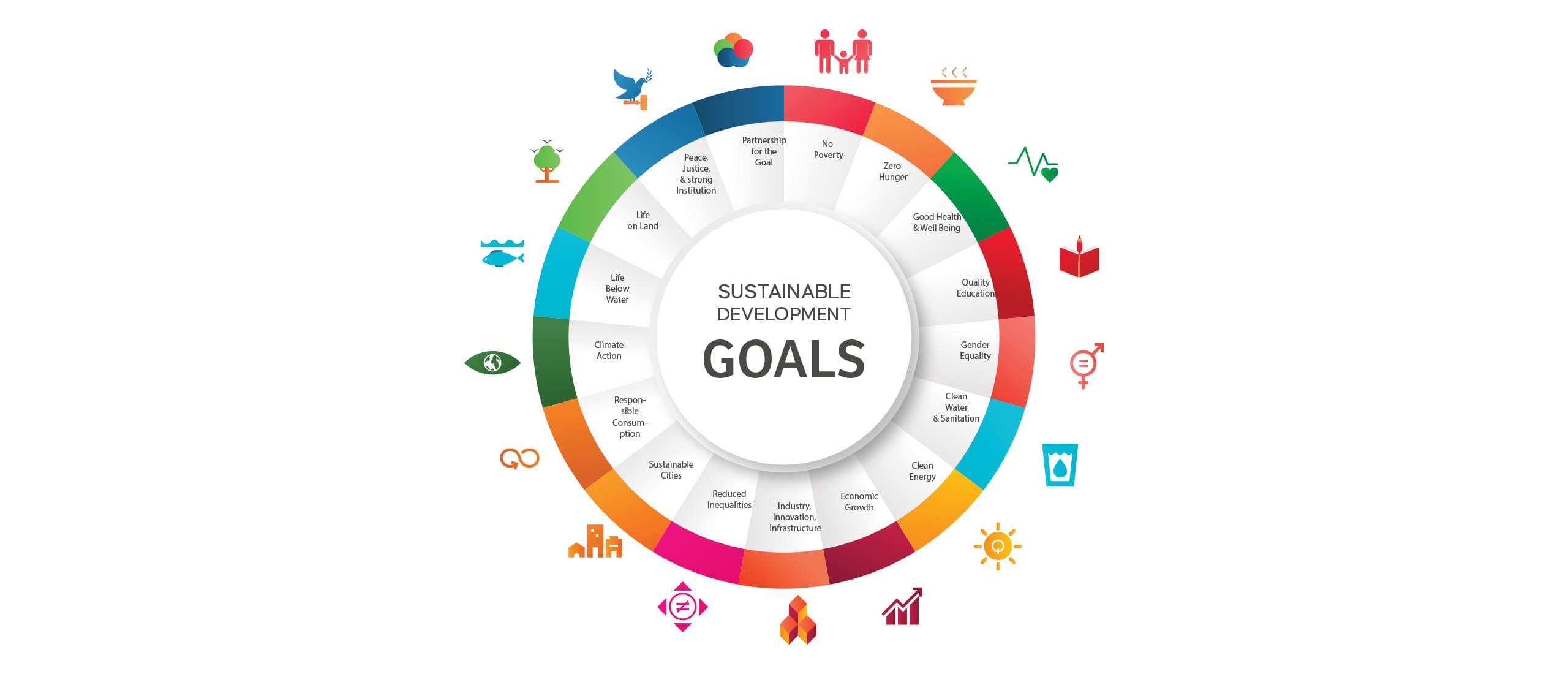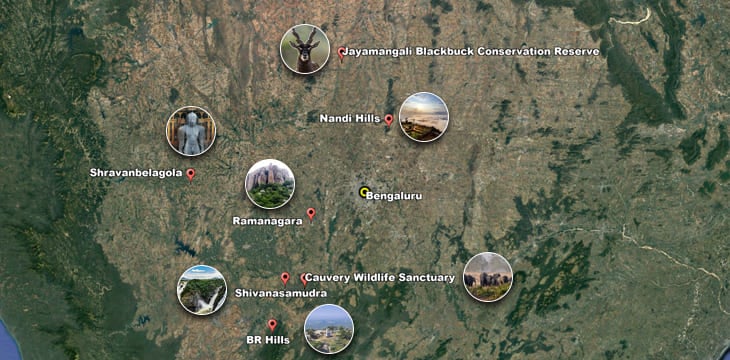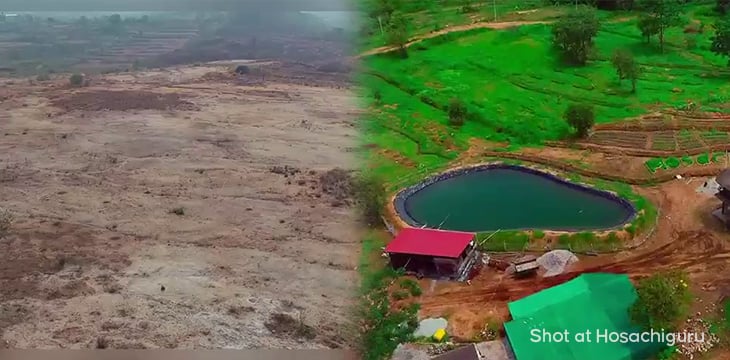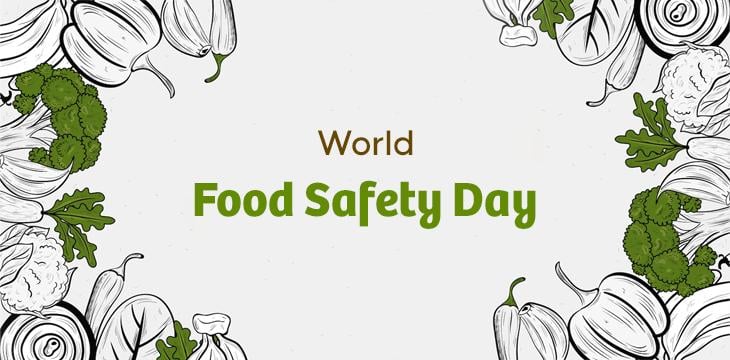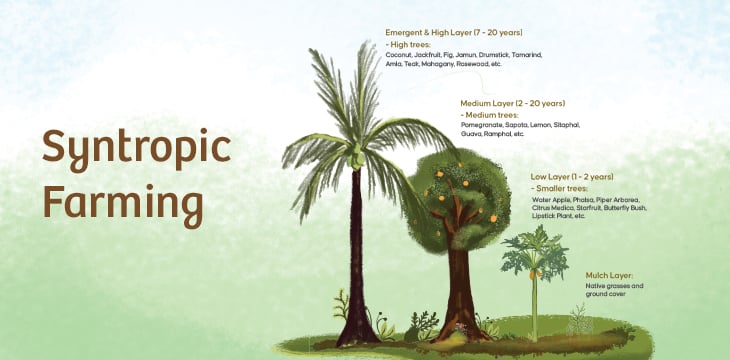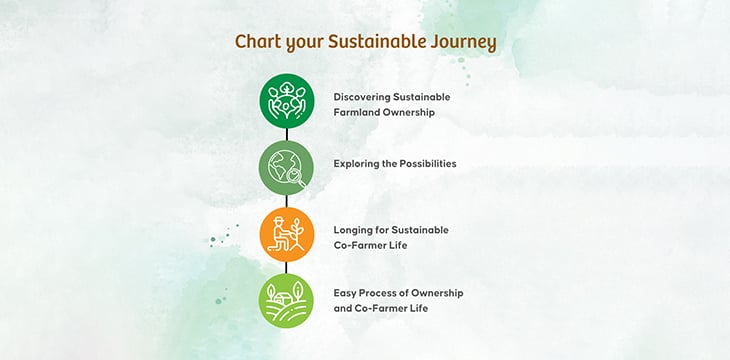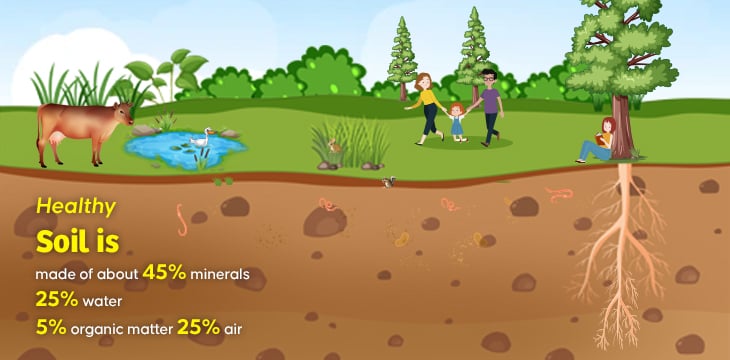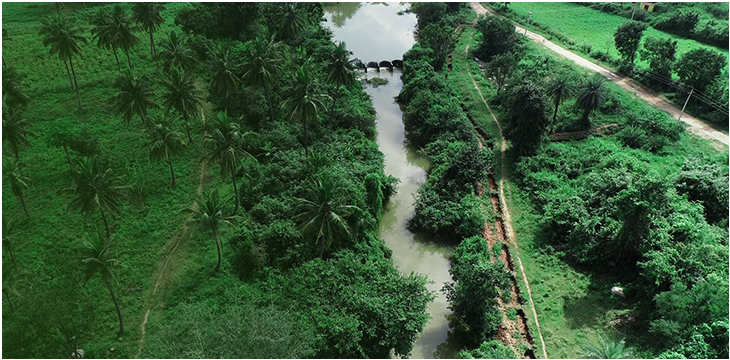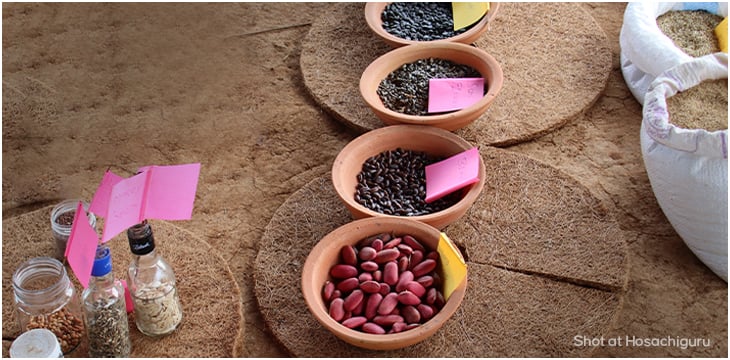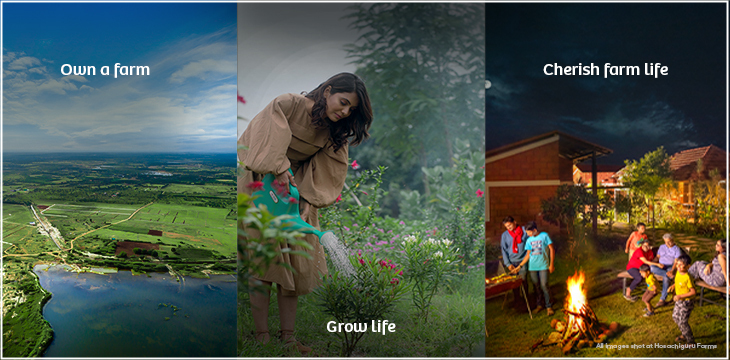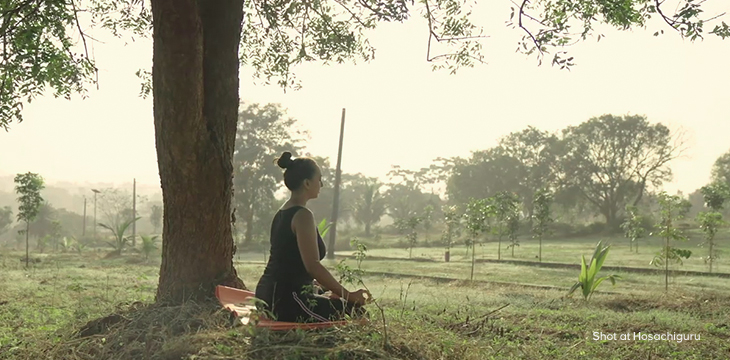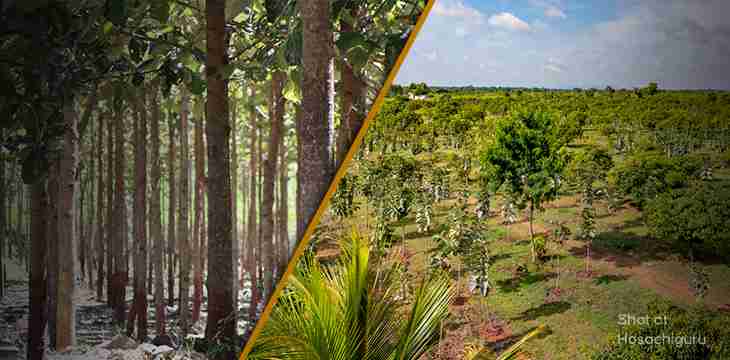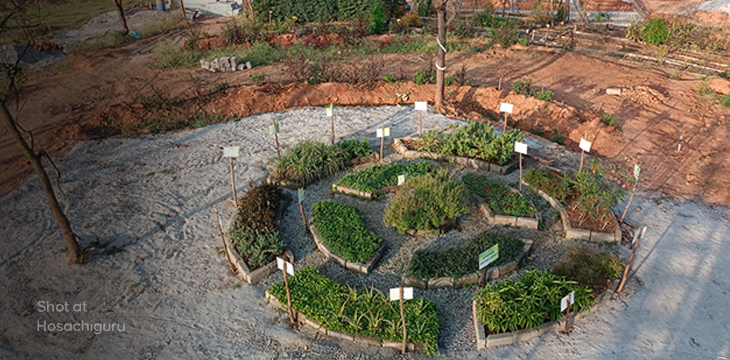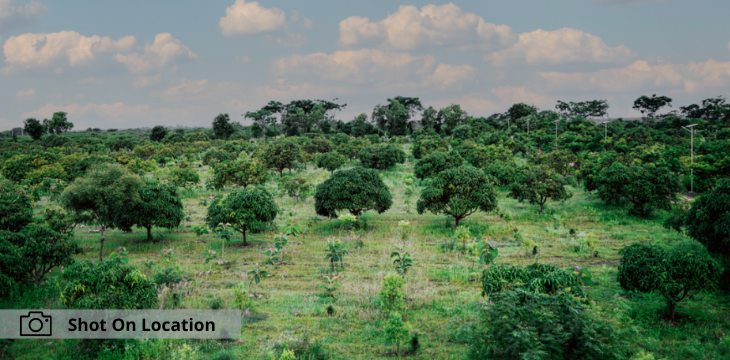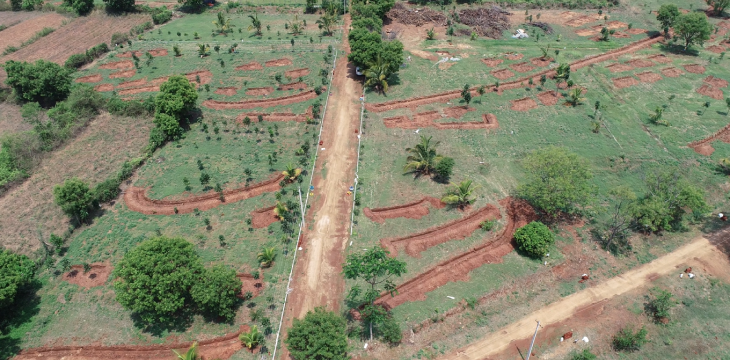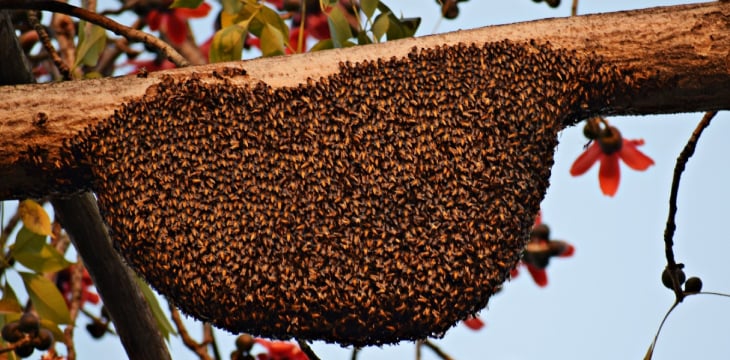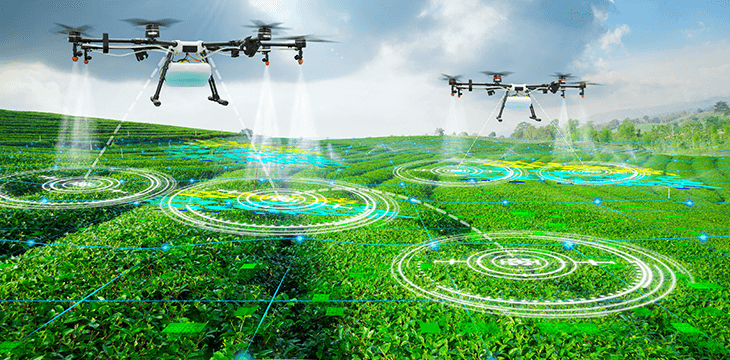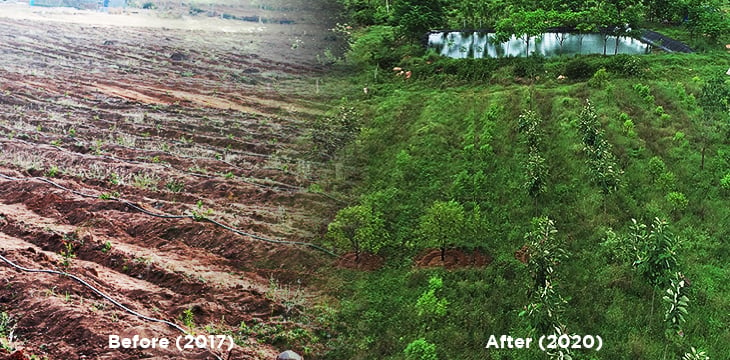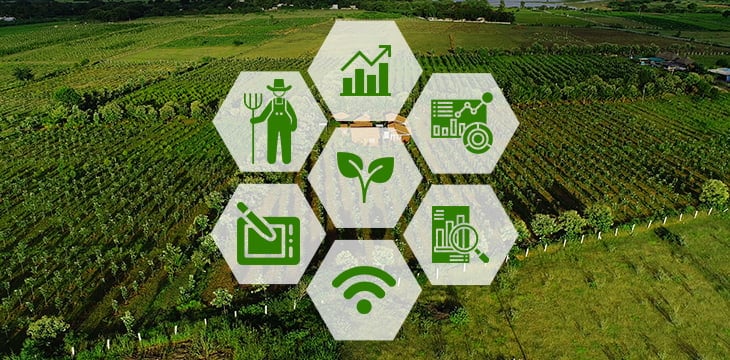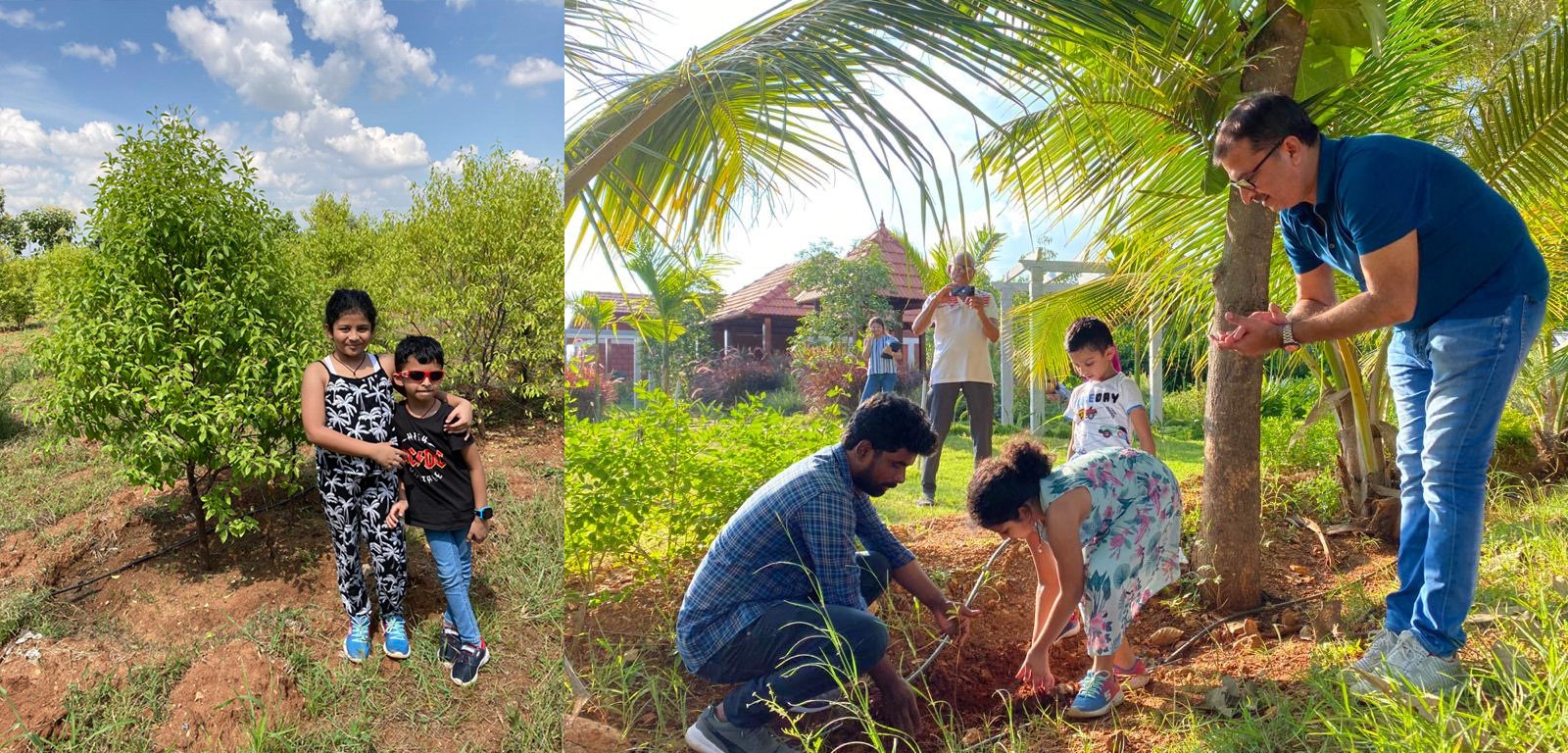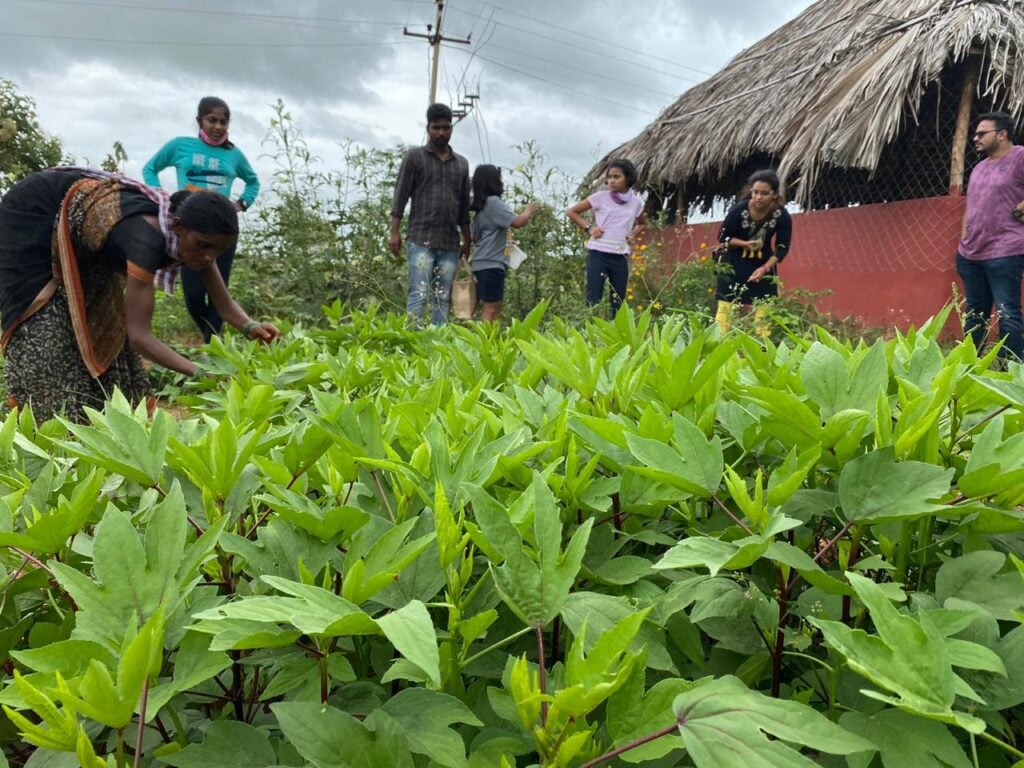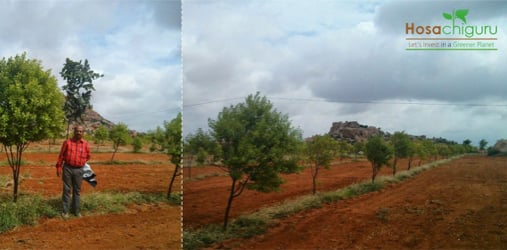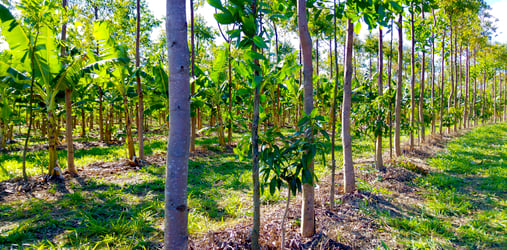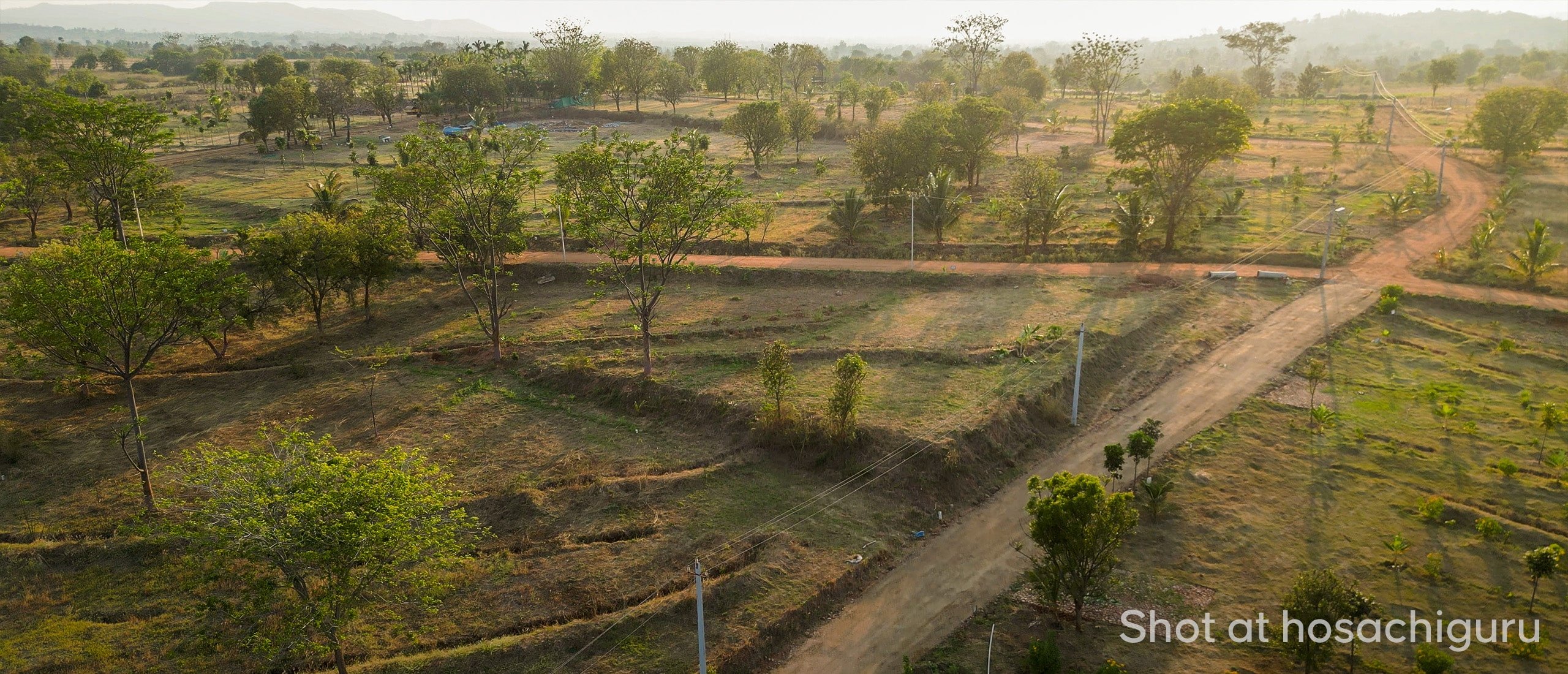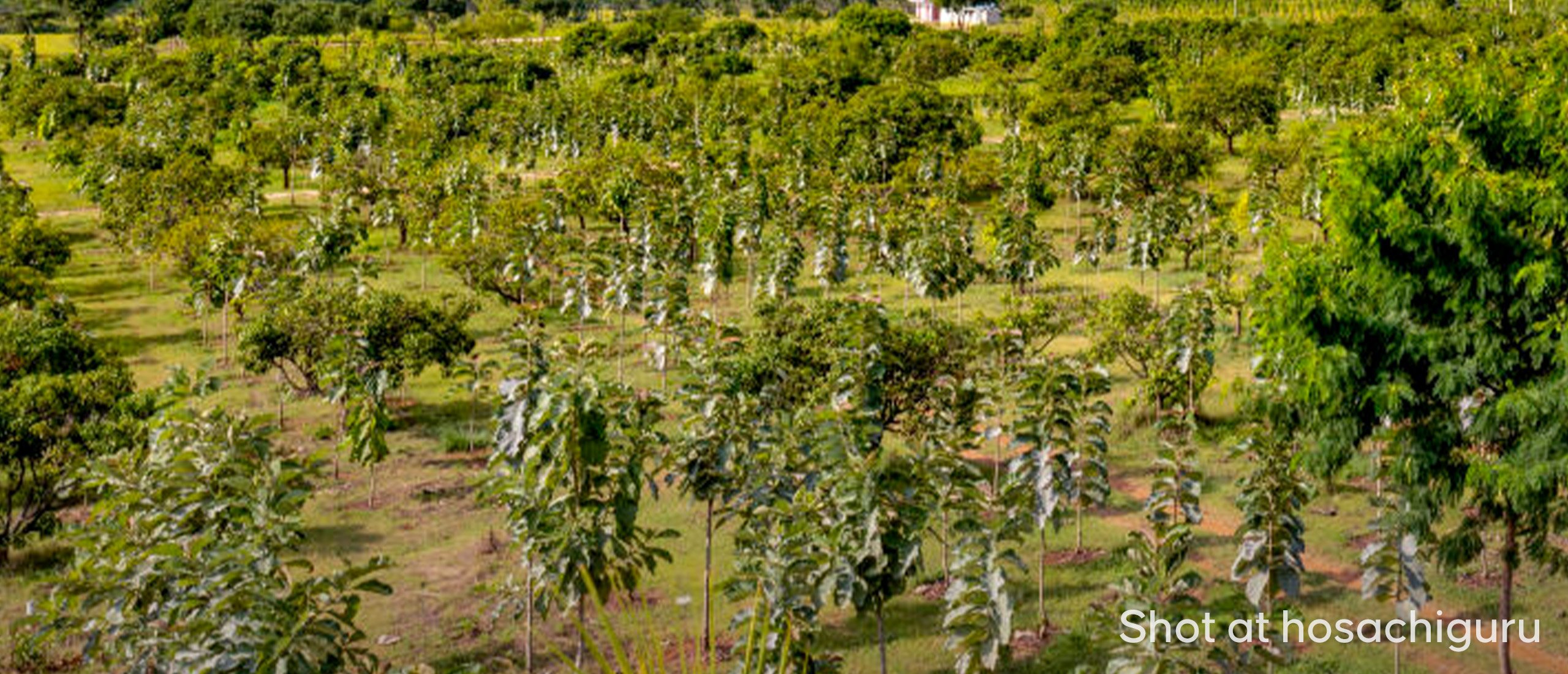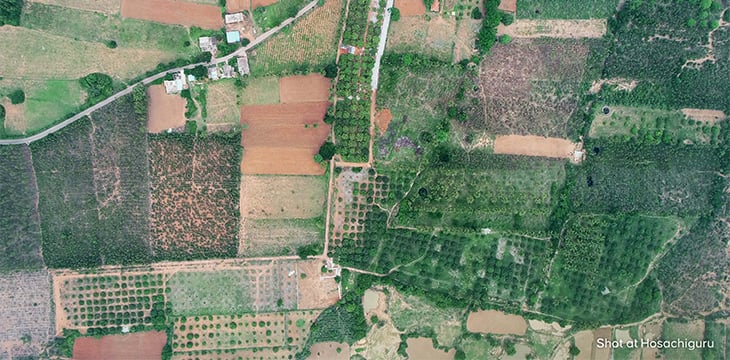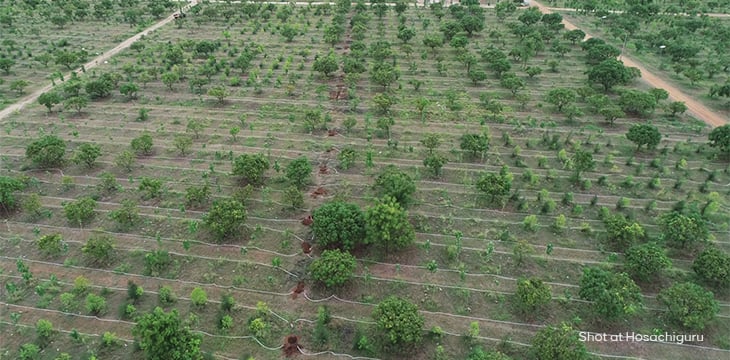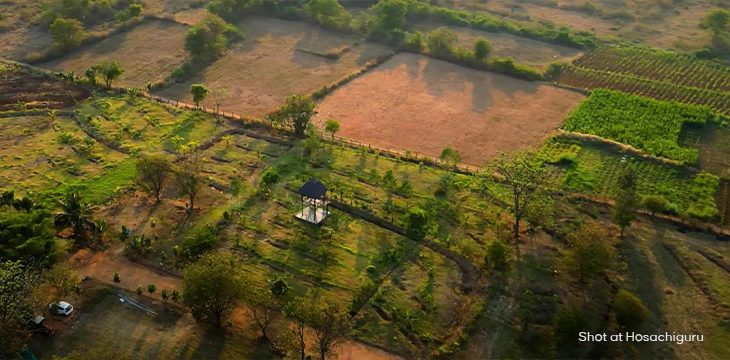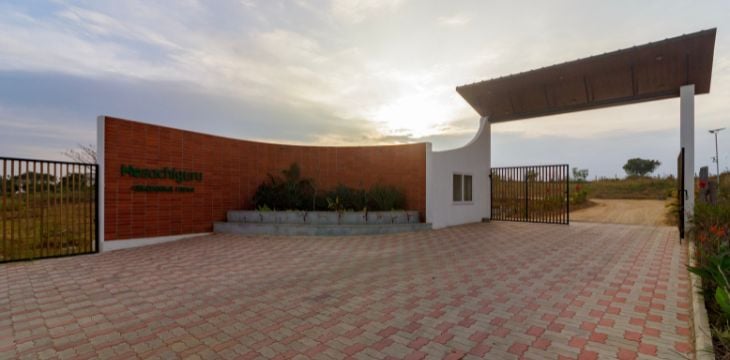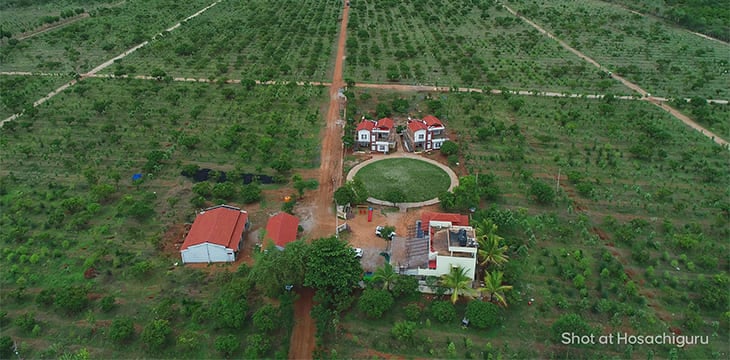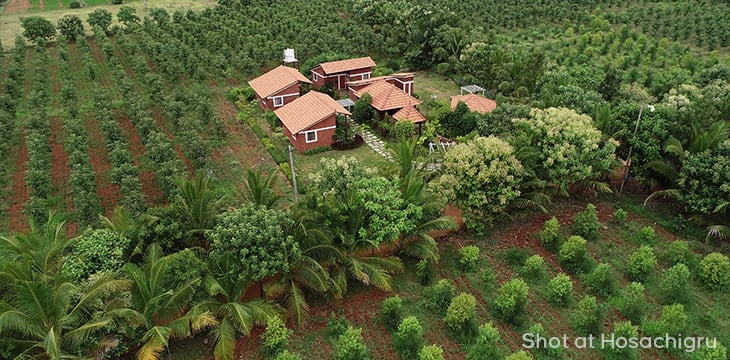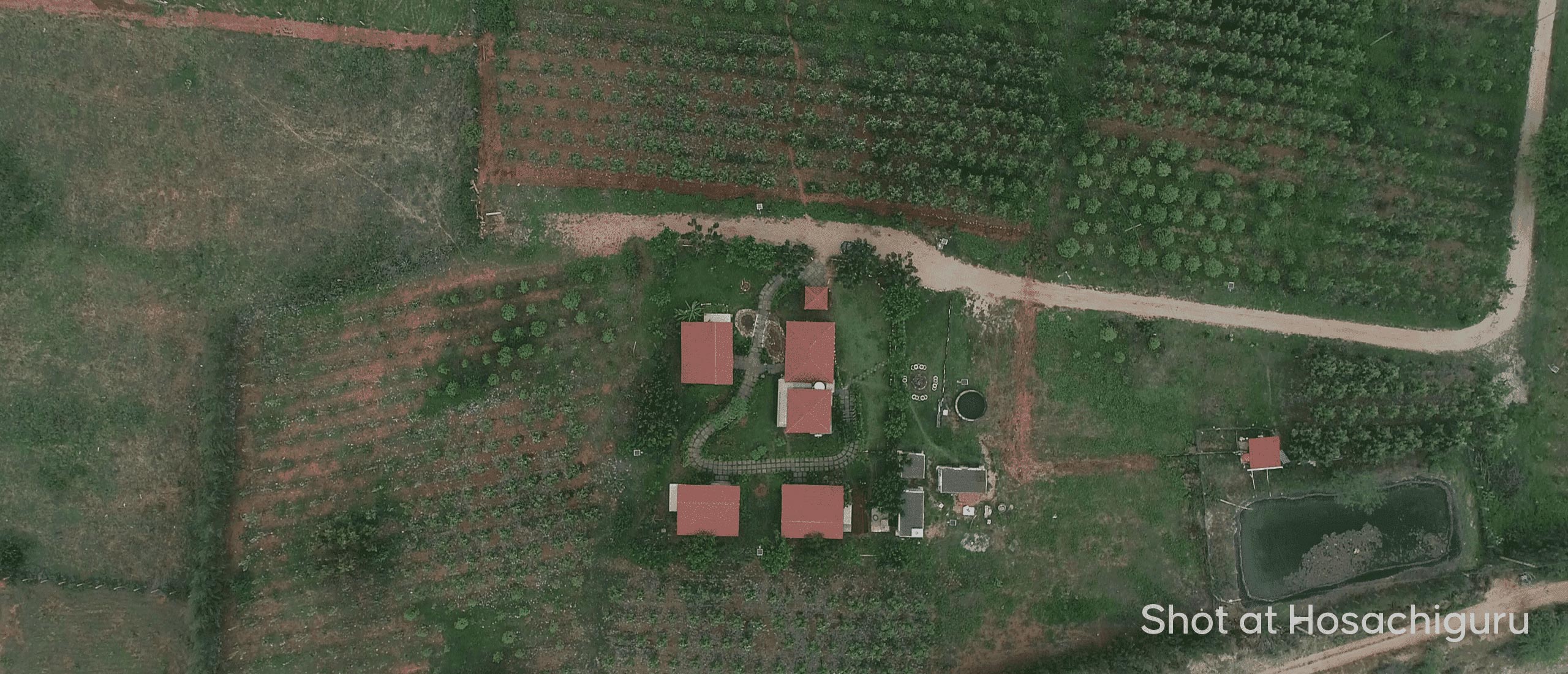November 30, 2023
5 Minutes Read
Introduction
In the pages of history, there was an era when everyone had a connection to the land—they were, fundamentally, farmers. Each individual had access to their ancestral farms, where the essence of life flourished amidst the fields and orchards. However, with the advent of industrialization and the allure of urban development, a great migration began. People flocked to cities in pursuit of opportunities and amenities that seemed scarce in their rural abodes.
As this transition unfolded, a disconnection emerged. Leaving behind their lands meant more than a change of residence; it severed ties with roots deeply embedded in the nurturing embrace of nature. We are, after all, composed of the five elements (panchbhutas), and the purest form of these elements sustains us. Urbanization, industrial progress, and rapid development pulled individuals away from their farming heritage, distancing them from the essential aspects of pure air, water, food, and the rejuvenating embrace of nature.
Yet, as the wheel of time turns, the focus returns to what truly matters—essentials like pure air, water, nourishing food, and robust health complemented by restful sleep. These elements, intrinsic to our well-being, thrive when we maintain a connection with the land. For an urbanite striving for this holistic well-being, it becomes imperative to own a piece of farmland.
Managed farmlands offer more than an investment opportunity; they reintroduce us to the pure essence of life itself. Come let us have you on this journey as we explore the invaluable virtues of managed farmlands and how they pave the path toward a life enriched with the elemental purity that we inherently crave.
Pristine Air, Water, and Food in Managed Farmlands
In the contemporary whirlwind of urban life, the purity of essentials often eludes us. Managed farmlands represent a poignant return to these elemental treasures—pure air, water, and food—that are the bedrock of a thriving existence.
- Pure Air
-
- Each day, as we breathe in a vast amount of air, it’s crucial to consider its quality. While we can somewhat regulate the quality of water and food we consume, the air we breathe is a different story. In cities like Bangalore and other metros, the Air Quality Index (AQI) reveals an alarming truth – the air is getting worse day by day.
-
- Bangalore, celebrated for its dynamic tech industry and serene green landscapes, faces a pressing challenge: declining air quality indexes across regions with limited greenery, exacerbated by significant vehicular emissions. The city contends with elevated levels of harmful pollutants, notably PM2.5 and PM10, saturating the air, posing a significant challenge for residents seeking clean, breathable air.
-
- Unlike monitoring water and food quality, ensuring the air we breathe is clean is an immense challenge. Pollutants from various sources, including vehicular emissions, industries, and construction, continue to plague the air, affecting everyone’s health.
-
- In this scenario, guaranteeing our access to clean air becomes a significant concern. While we can filter water and choose healthier food options, safeguarding the air we breathe is more complex. It’s crucial to find ways to secure pockets of clean air, whether through indoor air purifiers creating green spaces, having your own farmland near Bangalore, or an agricultural land near Bangalore to protect our health amidst worsening urban air quality.
-
- However, managing a standalone farmland as an individual can pose numerous challenges. The operational tasks, upkeep, and maintenance demand a considerable investment of time, money, and expertise. The complexities of managing the land can often become overwhelming and burdensome for individuals and families, detracting from the intended relaxation and enjoyment of owning such a property.
-
- This is where the concept of managed farmlands emerges as a viable alternative. Managed farmlands offer the benefits of owning agricultural space without the complications of individual management. By leveraging economies of scale, these managed lands significantly reduce operational issues and expenses. Moreover, being part of a community of individuals with shared interests and responsibilities enhances the overall experience of owning a piece of farmland.
-
- Managed farmlands provide a haven of clean, fresh air, free from industrial exhausts and city smog. These lands serve as pockets of pure oxygen, rejuvenating our lungs and revitalizing our well-being. Untouched by urban pollution, the lush greenery offers a breath of freshness, inviting us to experience nature’s essence in its purest form.
-
- The diverse plantations within these managed farmlands act as robust sources of oxygen. This improved air quality significantly impacts human health, playing a crucial role in reducing the prevalence of cardiovascular and respiratory diseases like heart attacks, strokes, and asthma.
-
- Also, enhanced air quality not only extends life expectancy but also brings economic benefits by lowering healthcare costs and enhancing overall productivity.
- Pure Water
-
- Water constitutes a significant portion of the human adult body, accounting for up to 60%. Adequate daily intake of water is vital for maintaining good health. The brain and heart consist of 73% water, the lungs about 83%, the skin holds 64%, muscles and kidneys contain 79%, and even bones have a watery composition of 31%. Clean water isn’t just for drinking; it’s essential for our overall health. It helps regulate body functions and provides important minerals.
-
- But in urban cities and especially in areas that are adjacent to industrial pockets industrial pollutants seeping into groundwater harm our well-being. This polluted water can disrupt our body’s balance and lead to health problems. While urban water systems and purifiers offer assistance, having unlimited access to natural water sources such as rivers and lakes can be immensely beneficial.
-
- However, in Bangalore, despite the abundance of natural lakes, they are gradually disappearing. Real estate development is encroaching upon these crucial water bodies, replacing them with housing developments.
-
- Managed farmlands, enriched with natural water sources like lakes, ponds, and canals, provide a pure water supply untainted by industrial treatments or chemical additives. This pristine water, rich in natural minerals and untouched by pollution, flows in its purest form, becoming a source of nourishment for both crops and our bodies.
-
- Through the implementation of rainwater harvesting techniques and effective land and water management practices, these farmlands capture rainfall and enable natural filtration. This approach, complemented by well-maintained food forests and regenerative farming methods, ensures a consistent supply of clean water throughout the year without dependence on external sources.
-
- Managed farmlands prioritize sustainable and holistic practices, enhancing groundwater levels in quality and quantity annually. This high-quality water not only supports the growth of crops but also indirectly nurtures our overall well-being, benefiting our body, mind, and soul with its unadulterated hydration and nourishment.
- Pure Food
-
- After pure air and pure water, it’s time for pure food. In the midst of urban chaos, our food choices often raise concerns about their quality and purity. However, a different story unfolds within managed farmlands. Here, food thrives naturally, untainted by chemicals and artificial enhancements.
-
- Amidst these farmlands, agro and food forests flourish, yielding an array of fruits, nuts, vegetables, and grains, each carrying the authentic essence of soil, sunlight, and rain. The journey from farm to table becomes an extraordinary experience, where every morsel embodies purity and wholesomeness.
-
- The contrast between city-consumed food and produce from managed farmlands is stark. Urban diets typically consist of processed and chemically treated foods. In contrast, the produce from sustainably managed farms provides a natural bounty. This harvest, grown using heirloom seeds and clear farming practices, is inherently nutritious and boasts superior taste.
-
- From the vibrant hues of fresh produce to the rich flavors untouched by synthetic additives, this food stands as a testament to purity and nourishment. The practice of sustainable and organic farming in these lands not only fosters health but also supports the environment.
-
- The absence of harmful pesticides and fertilizers protects biodiversity and safeguards the soil’s fertility for future generations. By embracing food sourced from these managed farmlands near Bangalore, we not only indulge in wholesome nourishment but also contribute to a more sustainable and eco-friendly food cycle.
Conclusion
In our modern world, as cities grow more complex, many people crave the basics for a healthy life: clean air, pure water, and natural food. Managed farmlands offer a way to bring back this purity and live closer to nature’s authentic gifts.
Urban life poses serious challenges with declining air quality, compromised water sources, and tainted food, affecting our health and vitality. Managed farmlands near Bangalore offer a haven—a place where the air is fresh, the water is pure, and food grows without contamination. It’s more than land ownership; it’s embracing a lifestyle rooted in nature’s simplicity and purity.
For city dwellers seeking a holistic life, these farmlands aren’t just investments; they’re pathways to a life abundant in elemental purity. It’s time to choose a different path—a life free from the limitations of urban living, one that cherishes purity.
Managed farmlands offer a haven where fresh air, clean water, and wholesome food restore and rejuvenate. It’s a call to prioritize purity, align with nature, and craft a harmonious life. For those seeking a pure, holistic lifestyle, managed farmlands await. Take the step; choose purity; choose managed farmlands.

